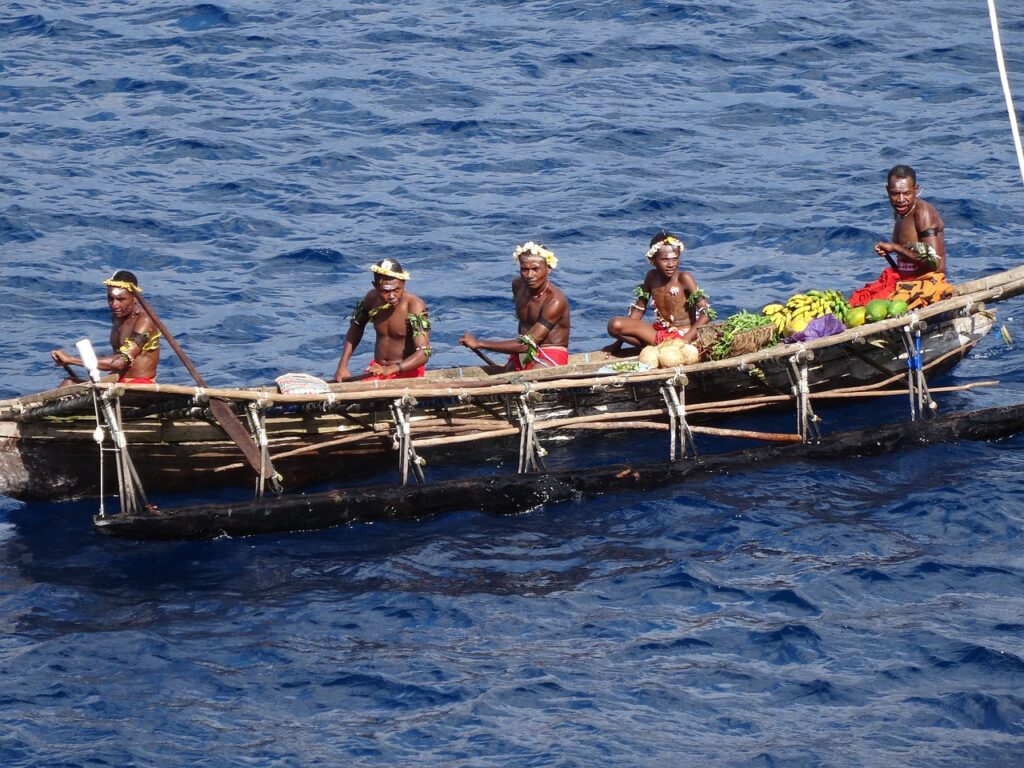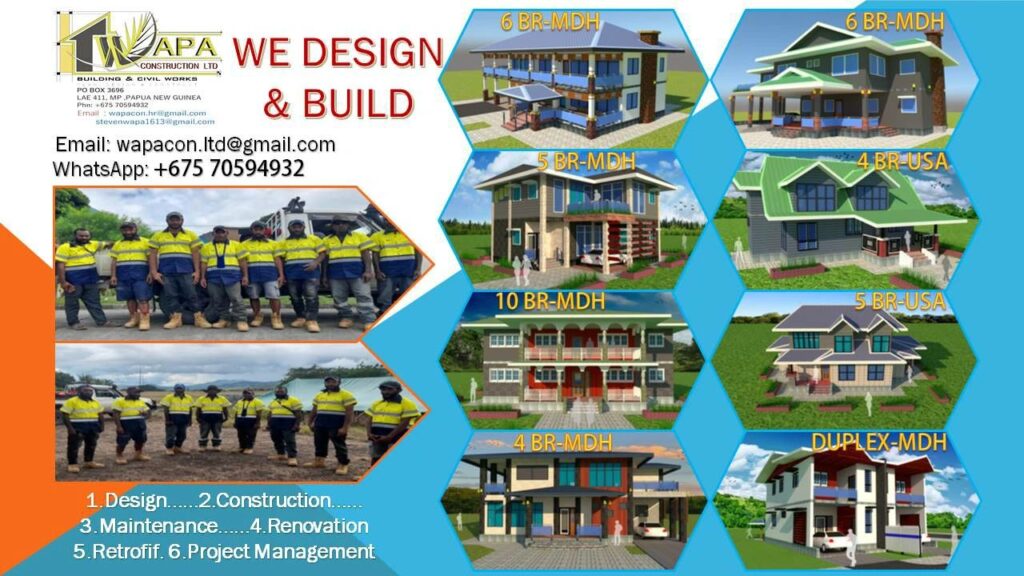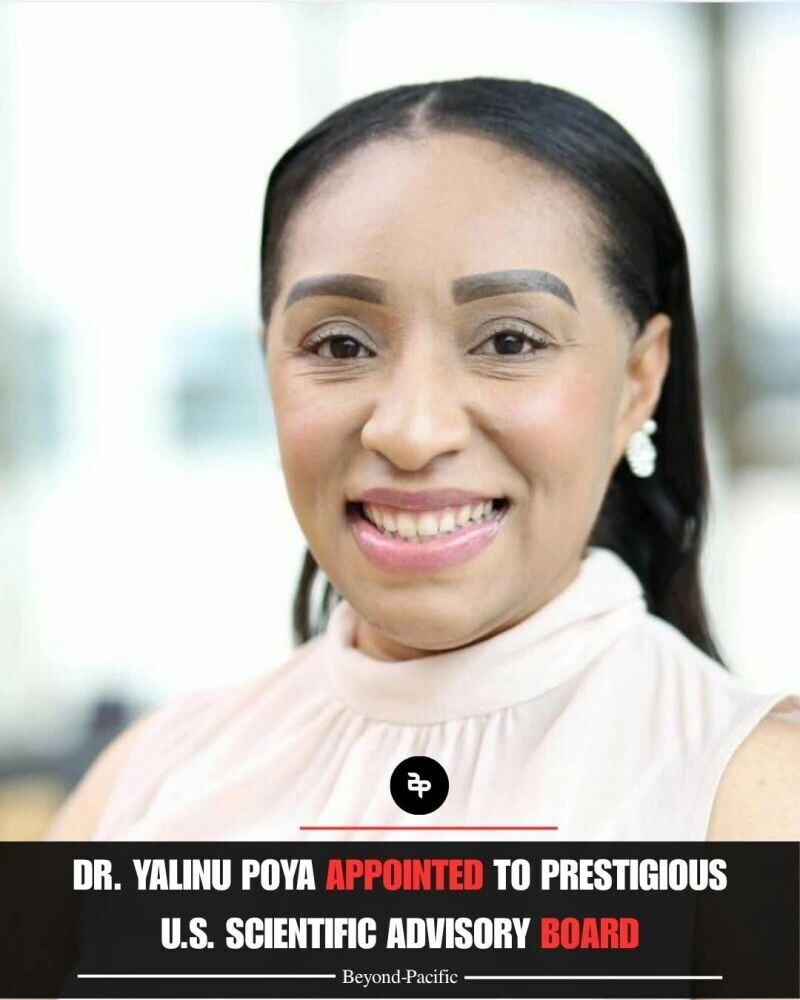ONLY A FEW IN PAPUA NEW GUINEA ARE GETTING RICH AT THE EXPENSE OF THE POOR MAJORITY
By Lucas Kiap, 22 January 2023. via PNG Anti Corruption Movement (PNGACM) Papua New Guinea is a rural country of more than eight million people. More than eighty-five percentage of the population live in rural villages, scattered in isolation across some of the most challenging and toughest terrains in the world, making it difficult for the government to reach out to the people to provide infrastructures and basic services. Despite the country having seen continued economic growth driven by high commodity prices, political stability and PNG LNG project since 2010, those opportunities have not been translated into improving the quality of life of the people as shown by the poor human development indicators. More than eighty-five percent of the population are rural subsistence farmers and their contribution to the formal economy is very little as they are engage mostly in the informal sector of the economy. They have been further isolated and marginalized from taking part in the formal sector of the economy as the government has been failing to grow the rural economy to create a broad based, sustainable and inclusive economy to provide social and economic opportunities for all.
For the last 45 years, the government has been focusing all its effort on extracting minerals (gold, coper, silver, etc.) and petroleum (oil and gas) further isolating the people as interests of foreign international multi-corporations taken the center stage. These industries create little employment opportunities comparing to the agriculture, fishery and forestry sectors which employs thousands directly and indirectly.
Spin off benefits from mining and petroleum developments have very little impact as in most cases the government does not has in place a clearly defined local and national content plan to convert those opportunities into improving the quality of life of the resources’ owners. Mostly benefited from the spinoff benefits are those already rich, well-off and well educated. They form perimeters around unsuspecting rural people with corrupt politicians and government officials to siphon most of the benefits further isolating and marginalizing the rural people. The agriculture sector which more than eighty five percent of the population depend on, traditionally supposed to be the back bone driving the economic growth of the country but has received little attention. The continuous negligence of the agriculture sector has completely isolated and marginalized PNG’s rural people from fully participating in the economic growth and prosperity of the country. While the people have fewer opportunities to take part in any economic growth activity, the blunt negligence of the government to involve its own people is evident in small business activities which have been dominated by foreigners especially of Asian origin. Whether its lack of training, skills, experiences, knowledge or capital to empower the people to take part in those small business activities, the government continues to pay blind to the plight of her own people. In reality the people of Papua New Guinea have been neglected and marginalized by politicians and a few already rich and well-off. Those who benefit from the government coffers are only those who have connections to political leaders and those that are rich enough to find their own way around by bribing corrupt politicians and government officials. The rest of the population have been only spectators and somewhat confusing of the realities. The richer have been getting richer and the poor have been getting poorer. We are our own worst enemies. We are confused and lost with no sense of purpose and direction, grumbling and blaming others for our own mistakes and failures. It's a tragedy that we are ending up destroying the future that not belong to us but to our children and their children.


